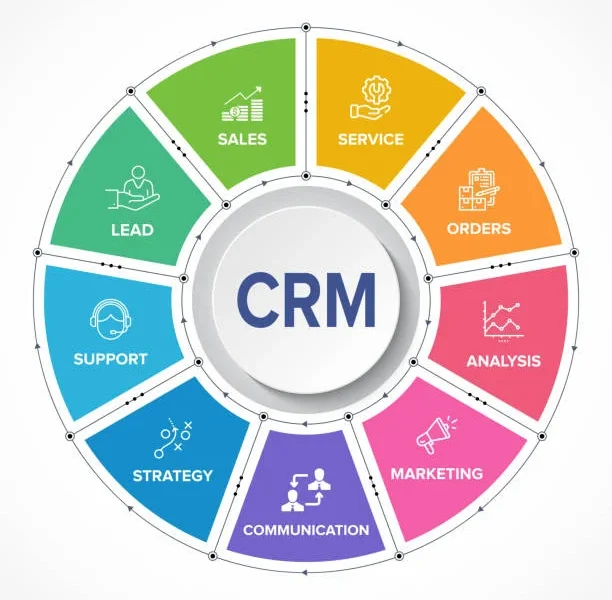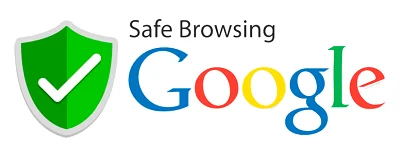In today’s competitive business landscape, small businesses face numerous challenges in establishing a strong presence and achieving sustainable growth. Customer Relationship Management (CRM) has emerged as a powerful tool to help small businesses overcome these challenges and elevate their operations to new heights. This article will delve into the transformative benefits of CRM for small businesses, exploring how it can streamline processes, enhance customer engagement, and drive profitable growth.
How CRM Can Power Small Business Growth
1. Enhanced Customer Relationships
A robust CRM system enables small businesses to cultivate deeper and more meaningful customer relationships. By centralizing customer data, CRM solutions provide a comprehensive view of each customer’s interactions, preferences, and purchase history. This allows businesses to personalize communications, tailor offers, and anticipate needs, fostering loyalty and trust.
| Benefit | Description |
|---|---|
| Personalized Communication | CRM allows businesses to send targeted emails, SMS messages, and other communications based on individual customer preferences. |
| Improved Customer Service | By providing a unified view of customer interactions, CRM helps businesses resolve issues quickly and efficiently. |
| Enhanced Customer Retention | By understanding customer needs and preferences, businesses can proactively address potential concerns and build lasting relationships. |
2. Streamlined Sales Processes
CRM software streamlines sales processes by automating tasks, managing leads, and tracking opportunities. This allows sales teams to focus on high-value activities, such as building relationships and closing deals. With a centralized system, businesses can gain valuable insights into sales performance and make data-driven decisions to improve efficiency.
| Benefit | Description |
|---|---|
| Lead Management | CRM helps businesses capture, qualify, and nurture leads, increasing conversion rates. |
| Sales Pipeline Visibility | Businesses can track the progress of deals and identify potential roadblocks, allowing for proactive intervention. |
| Improved Sales Forecasting | By analyzing historical data and current trends, businesses can make accurate sales forecasts. |
3. Data-Driven Insights for Growth
CRM systems provide a wealth of data that can be used to make informed decisions and drive business growth. By analyzing customer data, businesses can identify trends, understand customer behavior, and make targeted marketing campaigns. This data-driven approach helps small businesses optimize operations, improve customer experience, and achieve their growth objectives.
| Benefit | Description |
|---|---|
| Customer Segmentation | CRM allows businesses to segment customers based on demographics, behavior, and other factors, enabling targeted marketing. |
| Marketing Campaign Effectiveness | Businesses can track the performance of marketing campaigns and optimize strategies for better results. |
| Product Development Insights | By analyzing customer feedback and preferences, businesses can identify opportunities for product innovation and improvement. |
Unlocking Growth Potential: How CRM Empowers Small Businesses
Boosting Customer Engagement and Loyalty
A robust CRM system allows small businesses to cultivate meaningful relationships with their customers by providing a centralized platform for managing interactions. This empowers them to personalize communication, track customer preferences, and anticipate needs, fostering a loyal customer base. For instance, a small bakery can use CRM to track customer allergies, birthdays, and preferred orders, delivering personalized greetings and tailored offers.
Streamlining Sales and Marketing Efforts
CRM tools streamline sales and marketing operations by centralizing customer data, automating tasks, and providing insights into customer behavior. Businesses can utilize this information to segment their audience, target specific groups with relevant marketing campaigns, and nurture leads effectively. For example, a small clothing boutique can leverage CRM to analyze purchasing patterns and create personalized email campaigns showcasing new arrivals based on customer preferences.
Improving Customer Service and Support
CRM empowers small businesses to provide exceptional customer service by offering a single source of truth for all customer interactions. With access to detailed customer history, businesses can address inquiries promptly and resolve issues efficiently. For example, a small software company can use CRM to track support tickets, prioritize urgent issues, and ensure a consistent customer experience.
Data-Driven Decision Making
CRM systems generate valuable insights from customer data, enabling small businesses to make informed decisions about their operations. By analyzing customer behavior, businesses can identify areas for improvement, optimize marketing strategies, and adapt to changing market trends. For example, a small restaurant can use CRM to analyze customer feedback and adapt their menu offerings based on popular dishes and preferences.
Scaling Growth and Operational Efficiency
CRM tools provide a scalable solution for managing customer relationships as businesses grow. By automating repetitive tasks and providing a central hub for managing customer interactions, CRM frees up valuable time for small businesses to focus on strategic initiatives and drive growth. For example, a small e-commerce store can leverage CRM to automate order fulfillment, manage customer inquiries, and streamline operations as their business expands.
Frequent questions
What is CRM and how can it help my small business grow?
CRM stands for Customer Relationship Management. It’s a software that helps businesses manage and improve their interactions with customers. A good CRM system can help you to centralize your customer data, track interactions, automate tasks, and provide a better customer experience. This, in turn, can lead to increased sales, customer loyalty, and business growth.
How can CRM help me improve my customer service?
CRM software can help you to provide better customer service in a number of ways. For example, a CRM can help you to:
- Track customer interactions so you can understand their needs and preferences better.
- Personalize your communications by using data about each customer to send them relevant information.
- Respond to customer inquiries quickly and efficiently by providing easy access to customer information and support resources.
By providing better customer service, you can increase customer satisfaction and loyalty, which can lead to increased sales and revenue.
What are some of the benefits of using CRM for small businesses?
There are many benefits to using CRM for small businesses, including:
- Improved customer relationships
- Increased sales
- Enhanced efficiency
- Better decision-making
- Greater customer loyalty
By leveraging the power of CRM, small businesses can gain a competitive edge and achieve sustainable growth.
How do I choose the right CRM for my small business?
Choosing the right CRM for your small business can be a challenging task. There are many different CRM solutions available, each with its own features and benefits. Here are some factors to consider:
- Your budget
- The size of your business
- Your specific needs
- The ease of use
- The level of support offered
Once you’ve considered these factors, you can narrow down your choices and select the CRM that’s best suited to your business.

